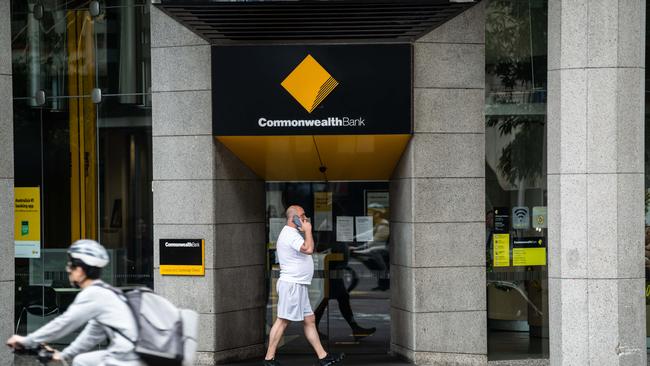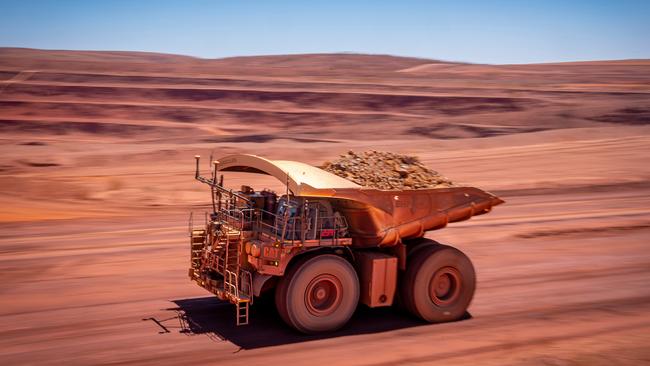
Many have faith in the assurance of Prime Minister Anthony Albanese when he says: “For most non-Indigenous Australians, this will make no difference to their lives, but it is an opportunity to make a difference for Indigenous Australians.”
But others, and I suspect the majority, understand that there is grave danger that the Prime Minister is wrong but have concluded that doing business in Australia requires supporting the government in major policy issues irrespective of your views.
ESG (Environment, Social, and Governance), at least in the past, required similar token stances, although ESG is rapidly gaining momentum across the nation increasing the expectation that companies will take action rather than simply fly the support flag.
The reluctance of corporations to take a controversial stand on major issues also led to a very muted opposition to the government’s first round of industrial relations changes, even though most companies knew it would increase costs and lower efficiency. Part of the corporate problem is that their major shareholders, the industry funds, have close connections with unions.
Nevertheless, many companies now regret that they didn’t take a strong stand, but it’s too late. BHP can see another disaster emerging in the next round of industrial relations legislation, designed to enable a government body to change legal and legitimate contracts by simply declaring them “employment like”.
Surprisingly, on this occasion BHP has not remained silent, which raises the hope that eventually large Australian corporations will see that unless they join the community debate, the outcomes will not be in their best interests and often not in the best interests of the nation.

The Aboriginal and Torres Strait Islander referendum is it difficult issue for large corporations. There is a substantial view in the community, shared by the large corporations, that the constitution needs to recognise this part of our history. And miners usually have direct contact with indigenous people in their operations.
Some companies believe the Prime Minister is right in concluding that the High Court will interpret the constitutional change in a way that does not impact national non-indigenous decision-making.
Last month, with the help of top constitutional lawyers, I set out why the PM’s forecast outcome has a high risk of being wrong.
Accordingly, the whole process of government decision-making is likely to be dramatically elongated in all areas.
If the Yes vote succeeds, the large voice arm of government will have power to make representations to not just to the parliament but to the executive government which encompasses departments
In a federal budget, for example, we are dealing with countless hundreds of department recommendations where the voice will have a right to make representations.
Naturally, the new body will need to be told what is proposed and be given sufficient time to make “representations”.
Then given this is a constitutional power each department will need to give due consideration to each “representation” and if that process is not followed then that department could be hauled before the High Court. Decision making becomes a very cumbersome process,
The voice does not have the power to make decisions, but its unprecedented power of representation makes it, arguably, the most powerful arm of government.
My colleague Paul Kelly consulted a wider group of constitutional experts in his Weekend Australian commentary and concluded:
“In terms of institutional operations, the most alarming aspect of the voice is its virtually unlimited scope. The voice can make representations on welfare, law and order, human rights, incarceration rates, health, education, resources and mining, climate change, employment, the National Disability Insurance Scheme, foreign policy, sexual abuse, defence facilities and finance, to name just some”.
Kelly concludes that the main issue is the power being created and that the more the Yes campaign is scrutinised, the more “the scale of serial deception is apparent”.
Australia’s large corporations are in danger of being caught in the middle of what it’s going to be a big rise in racial tensions no matter which way the referendum goes.
If the No vote succeeds, the aboriginal and Torres Strait Islander community will see non-indigenous people as racist. Tensions will rise.
If the Yes vote succeeds, then the likely outcome is that our whole system of government is radically changed, contrary to the assurances of the Prime Minister. There will be a big rise in racial tensions from the non-indigenous majority, who will believe they were duped by their Prime Minister.
If the Prime Minister is right and the High Court declares the voice does not have the power that constitutional experts believe a Yes vote delivers then quite rightly indigenous people will feel by have been duped, Australia loses which ever way this referendum goes.
Part of the reason for this is that our large corporations and other important groups in the community stood back, did not make sure that the issue of indigenous recognition and indigenous power are different. When you combine them and extend the powers way beyond specific indigenous issues, it is a recipe for racial tension.
Correction. For a few hours on Sunday afternoon I published an online comment on the PwC affair which stated there was a consulting agreement between the PwC and the Australian Taxation Office. I later discovered that the agreement was with Treasury, not the ATO. The actions of PwC under that agreement have been a subject of a finding by the Tax Practitioners Board.






Why are so many of our leading companies, including BHP, Rio Tinto, Origin, the CBA bank and many others backing the Yes campaign when they now must realise the danger it poses to national decision-making and racial tension?